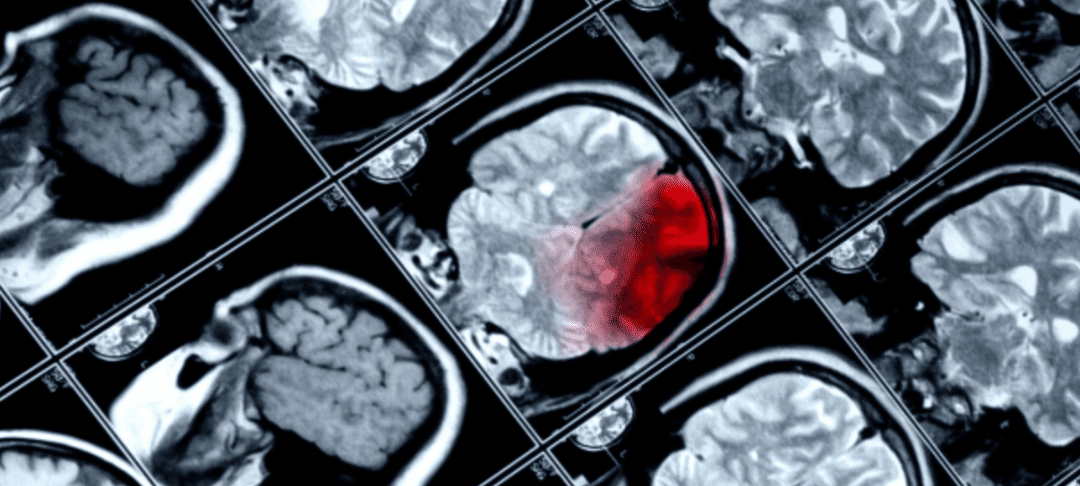Traumatic brain injuries (TBI) refer to the damage caused by a sudden, violent blow or jolt to the head or body. Traumatic brain injuries can range from mild to severe, with mild TBIs causing only short-term symptoms and more severe TBIs causing lifelong damage. Here we will look at different examples of TBI.
Unfortunately, it’s impossible to tell the severity of a brain injury based on initial symptoms or the blow itself. Therefore, all TBIs need prompt medical assistance.
Traumatic brain injuries aren’t the only way brains may sustain damage. TBIs are only one form of acquired brain injury (ABI) or any brain injury after birth. While all brain injuries are ABIs, not all ABIs are traumatic.
Common Causes of Traumatic Brain Injuries
Traumatic brain injuries cause a change in brain function, initiated by an external force. TBIs are either closed or open. An open TBI occurs when something penetrates or fractures the skull, and a closed TBI describes injuries where the skull remains intact.
Common causes of TBIs include:
- Traffic accidents
- Assaults
- Falls
- Sporting accidents
Open injuries are not necessarily more severe than closed injuries. However, all head damage may cause a traumatic brain injury and needs medical attention.
Types of TBIs
Traumatic Brain Injuries affect up to 1.5 million people a year, with wide-ranging outcomes. Those at the highest risk for a TBI are adolescents, young adults, and those 75 years of age or older. In addition, males are twice as likely to experience a TBI than females. Here are some common examples of TBI.
Coup-Contrecoup Brain Injury
A coup-contrecoup brain injury significantly impacts the brain, causing the brain or skull to slam into the opposite impact site. As a result, brain damage occurs at both the impact site and the opposite side of the brain.
Coup-contrecoup brain injuries are especially violent and cause immediate symptoms. They’re typically caused by severe car accidents, a blow to the head, acts of violence, and forceful falls.
Concussion
Concussions are the most common examples of TBI, often called mild traumatic brain injuries (mTBI). Concussions form from a jolt to the brain, followed by shaking of the brain, and are usually from a sudden blow to the head.
Concussions can be mild or severe, and multiple concussions can cause lifelong damage, including chronic traumatic encephalopathy (CTE). CTE may permanently damage a patient’s mood, behavior, and brain function.
Brain Contusion
Contusions are synonymous with bruises, a form of bleeding under the skin. Brain contusions often happen at the same time as a concussion. Some brain contusions do not stop bleeding on their own and need surgical removal. Brain contusions vary in severity depending on their size, location, and the length of time they last.
Diffuse Axonal Injury
A diffuse axonal injury (DAI) occurs when the head moves so violently that the brain stem can’t keep up, causing the brain’s connections to tear.
Tears may be microscopic or large, and the severity of the injury depends on the areas of the brain affected, the severity of the tears, and if the patient experienced a contusion or concussion at the same time. Understanding and identifying traumatic brain injuries allows for quick action in obtaining medical attention after an injury. A TBI doesn’t need to look significant to impact the brain for someone to sustain considerable damage. If you would like to learn more your options for treatment for TBI, contact us today at Stemedix and speak with a care coordinator.


 St. Petersburg, Florida
St. Petersburg, Florida
